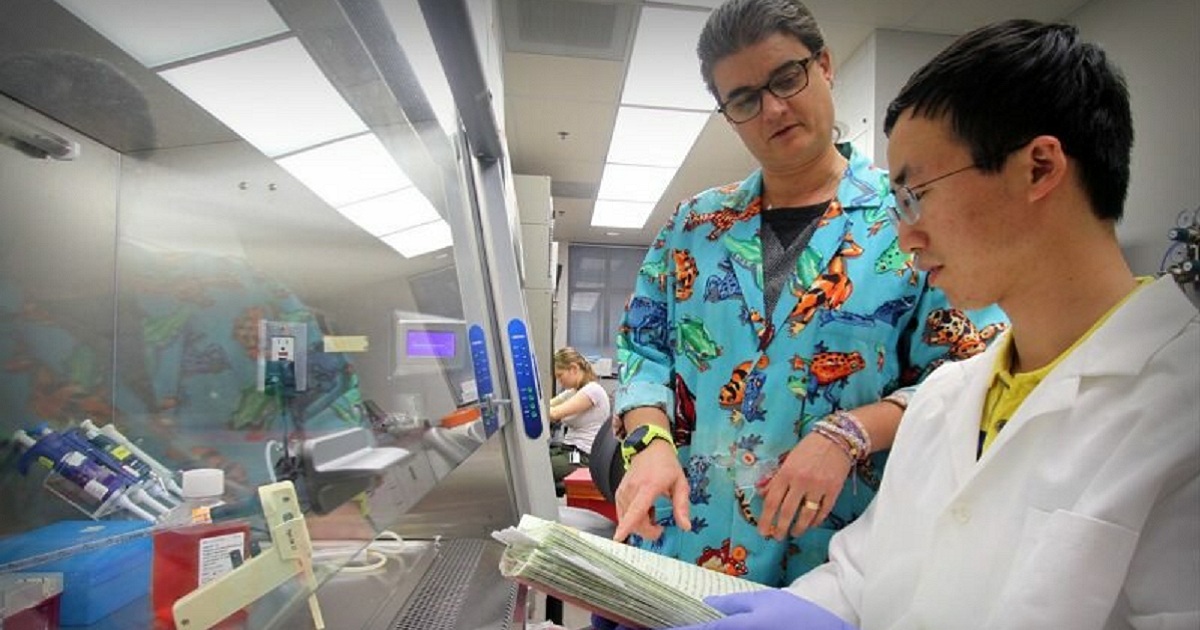New discoveries in circadian rhythms provide insight into cancer treatment
Medical Xpress | February 04, 2019

In a recent paper in Science Signaling, associate professor of cell and microbiology Carla Finkielstein, of the Department of Biological Sciences, and her collaborators identified an alternative mechanism to control circadian rhythms in normal cells that are driven by oncoproteins. This discovery places molecules involved in monitoring and calibrating the response of cells to genomic damage at the center of the machinery driving circadian rhythms.
Researchers are now discovering that molecules usually implicated in protecting us from cancer initiation and progression are directly involved in regulating the function of our daily circadian rhythms. Not only that, but this molecular interplay seems to regulate how well our body responds to therapeutic modalities seldom delivered to treat certain diseases, such as cancer. Anyone who has ever experienced jetlag is familiar with circadian rhythms. Various processes in the human body are governed by circadian rhythms, even down to the individual cell. These processes are tightly controlled by a variety of molecular mechanisms and feedback loops that help the body self-regulate in response to external cues like sunlight and temperature.